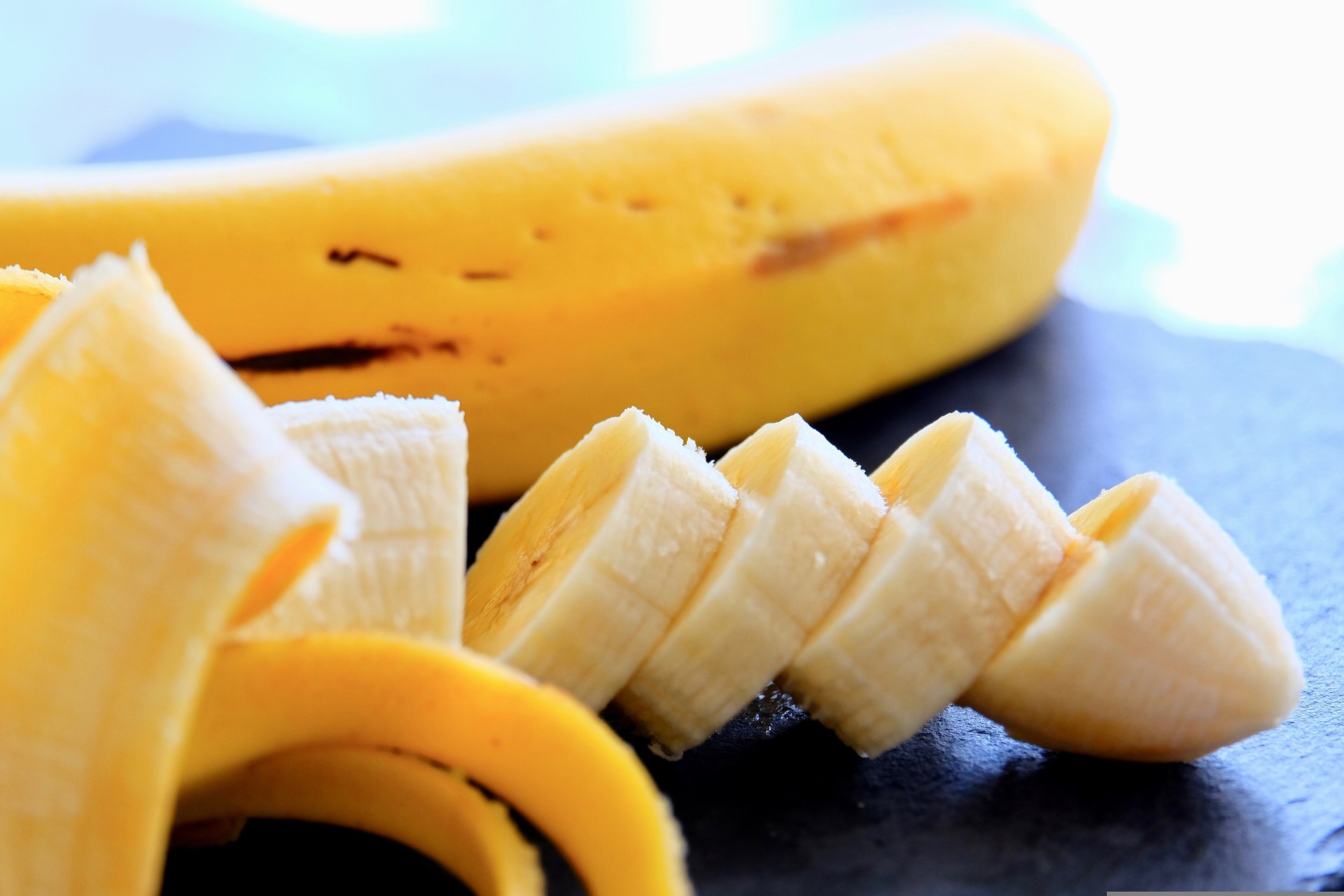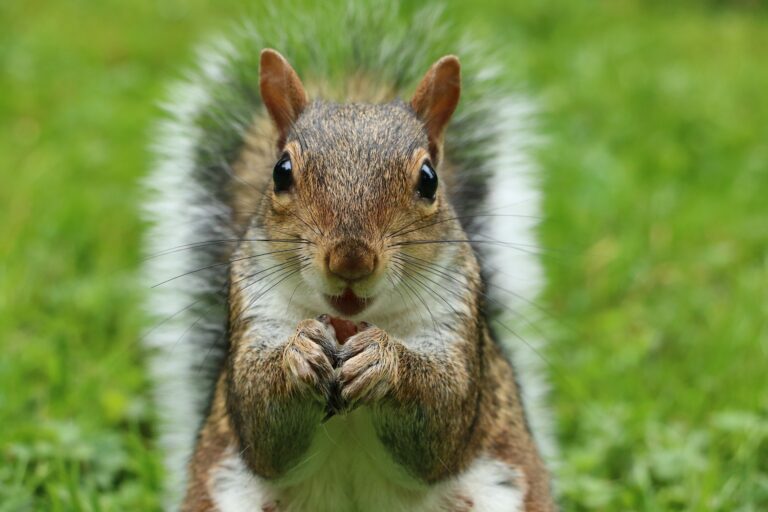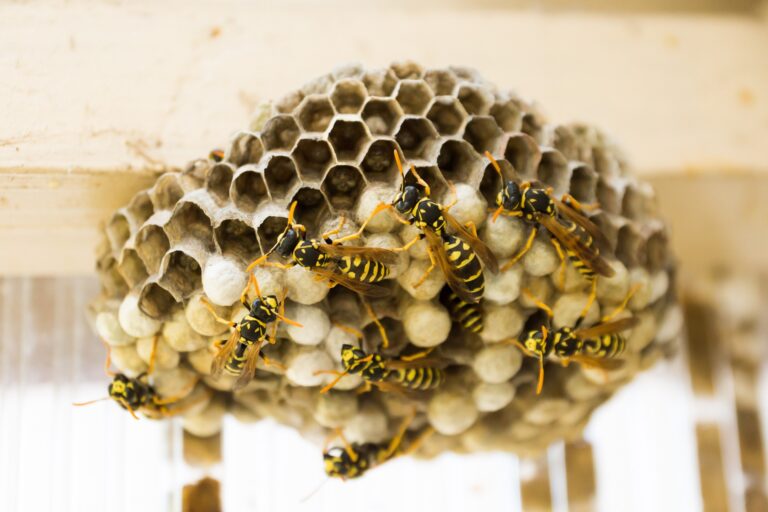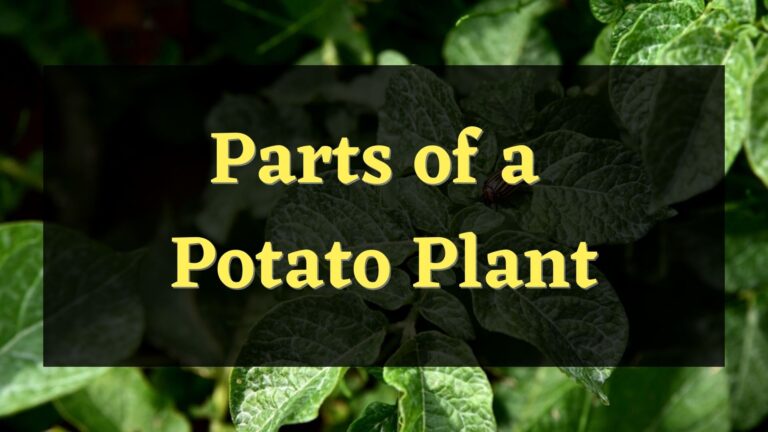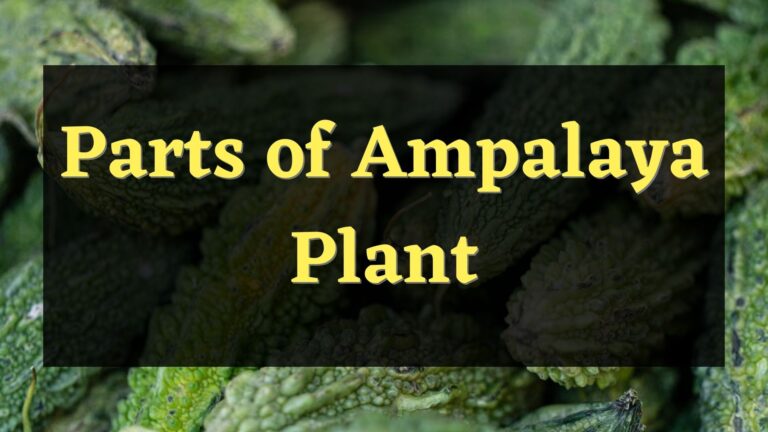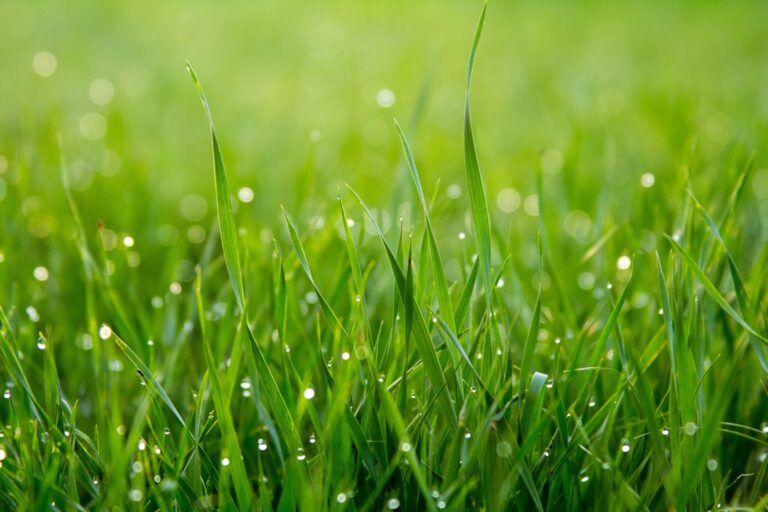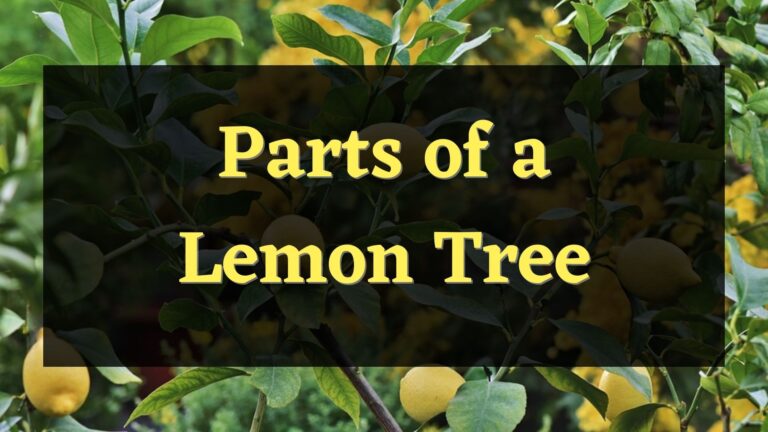If you have ever worked with plants or in a garden, you probably know how difficult aphids can be to control.
Aphids are tiny pests that feed on your plants, causing leaves and fruit to wilt, curling, and yellowing in the process.
They’re particularly difficult to deal with when they occur in large numbers, as they suck the juices out of plants but leave them severely weakened while they do so.
Luckily, there are some natural ways to control their populations and keep them from destroying your prized greenery. Do banana peels keep aphids away? Are these natural pest controls effective?
Do Banana Peels Keep Aphids Away?
Many people believe that a banana peel will keep aphids away. This is because, when the peel dries out, it gives off an unpleasant smell that aphids are not fond of.
However, it’s important to remember that this myth only works if you place the peel so that it’s touching the ground and can release its odors.
The idea is that when an aphid finds its way onto your plants, they will be repelled by the smell and leave without harming any plants.
However, this does not always work for all types of aphids. Another problem with using banana peels as an insect deterrent is that the peel cannot stop insects from attacking new leaves or flowers on your plant.
If you want to protect new growth from pests while keeping things looking attractive at the same time, consider using floating row covers to make sure no pests can access your plant at all!
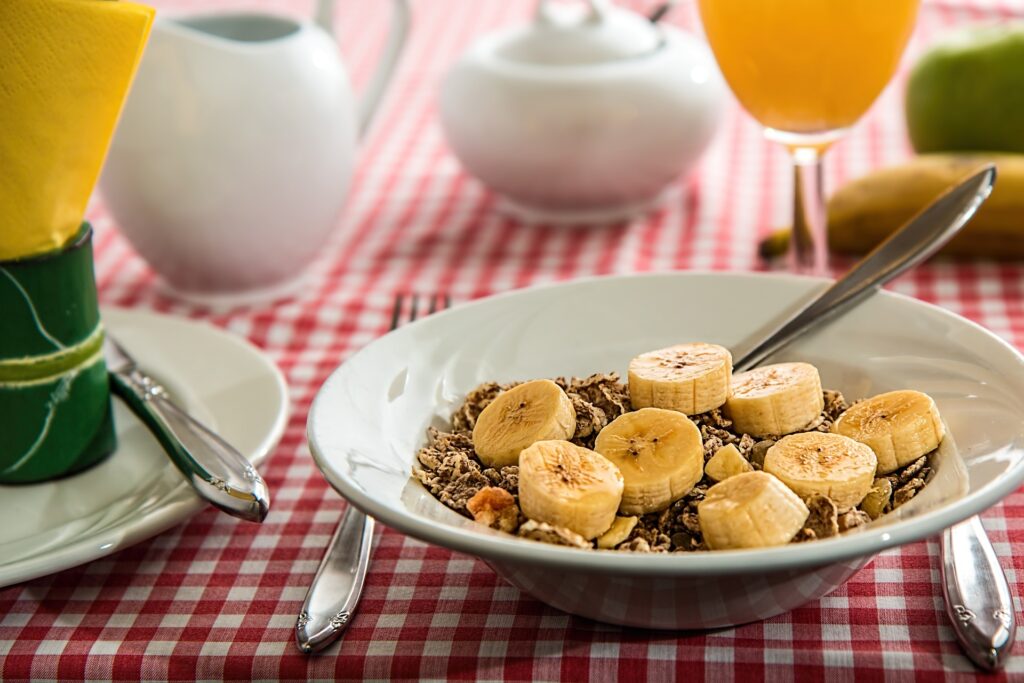
How to Use Banana Peels to Deter Aphids
Aphids are small insects that can be found on plants, but they don’t just eat the leaves. They’ll also suck the sap from stems, flowers, fruits and vegetables.
Plant-feeding aphid species are most troublesome in the garden during cool weather when natural predators are less active. A banana peel can be a handy way to deter these pests from your plants.
To make this work, you’ll need to chop up one or two banana peels into tiny pieces and then place them around your plant’s base without touching any of its leaves.
The peel will give off a scent that aphids find repulsive as well as keep them away from other deterrents such as sticky substances on their surface.
Is It Guaranteed to Work?
Banana peels are rich in potassium and emit an odor that aphids find offensive. When they come in contact with the peel, they will release a chemical that is released as a defense mechanism to fend off the threat. It is not guaranteed to work because there are many factors involved.
For example, if the banana peel has been in the sun for an extended period of time or the water content has decreased significantly, it may not be effective at repelling aphids.
If it is dried out, you can still use them for composting and other household tasks such as wiping down countertops or cutting boards.
If you want to try this remedy out yourself, make sure your banana peels are moist before placing them near your garden plants.
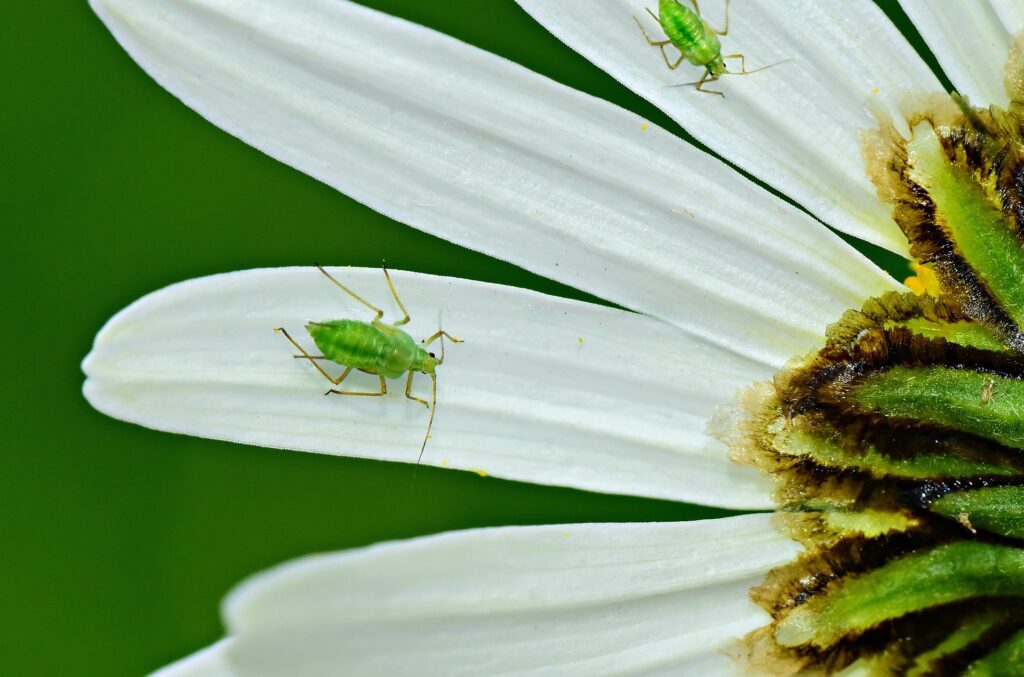
Do Bananas Get Rid of Aphids Too?
Bananas are a wonderful food that’s healthy for you and your family. But have you ever wondered if they can do more than just provide an excellent source of energy? It turns out that bananas may also keep aphids away!
This is because aphids have a natural aversion to the smell of banana peel, and when they come into contact with it, they will usually get scared and move on. Bananas are also useful in gardens as they act as natural mulch.
Mulching helps suppress weeds, conserve soil moisture and nutrients, reduce soil erosion and maintain a comfortable root zone temperature for plants.
You can also use overripe or bruised bananas as a fertilizer by burying them underground around your garden plants (after spraying them with water).
When these ingredients decompose, they release potassium which promotes plant growth while providing additional nitrogen that stimulates vigorous vegetative growth and increases chlorophyll production resulting in healthier plants.
So not only does this prevent pests from damaging your garden, but it provides all of the nutrients that it needs too!
Do Other Fruit Peels Deter Aphids?
Fruits and vegetables are often discarded as organic waste once they have been eaten, but there are many things that you can do with them.
One of these is to use the peel as a way to repel aphids from your garden.
As the peel decomposes, it releases a chemical called ethylene gas which can be used to keep pests away. A lot of people believe that aphids will not cross over an area where they smell this gas because it reminds them of rotting plants.
Banana peels are not the only fruit peel that can deter aphids, but they are the most commonly used or you can also try Citrus peels and tomato peels are also reported to be effective in keeping aphids away. Here are some examples.
Orange Peel
The primary function of an orange peel is to deter aphids. The high levels of D-Limonene in the peel give off a strong citrus scent that aphids do not like.
In addition, the peel’s high wax content makes it difficult for them to cling to and feed from.
Finally, the tannins in orange peels are also toxic to aphids. Tannins bind to their stomachs and cause the aphids to stop eating or die from starvation.
To use this method of keeping your garden safe from pesky aphids, just place orange peels on top of leafy plants every few days throughout the summer months. When they’re dry, you can cut up some fresh ones and add them as well.
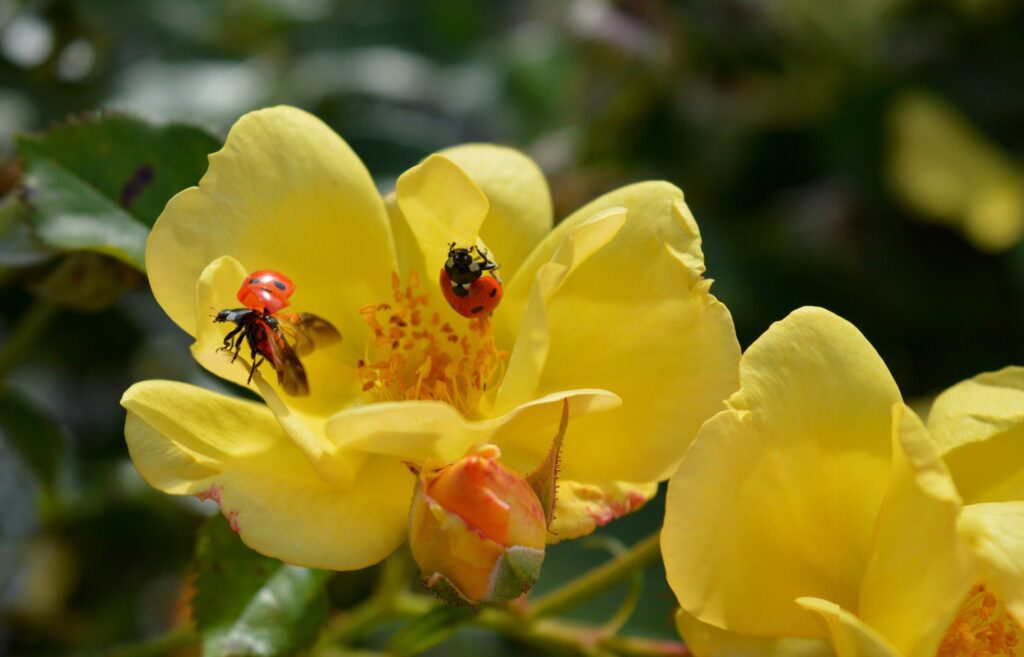
Lemon Peels
Aphids can be a real problem in the garden and it may seem like there is no way to get rid of them.
The best way to keep aphids away is to use a natural repellent, like lemon peels. Lemons are great for organic gardening because they have many natural benefits.
Dried lemon peels work the best because they last the longest, but fresh lemons work too! Just put pieces of the peel into a jar and fill with water. Once you’ve done that, all you need to do is spray your plants once or twice a day.
What plants attract aphids?
Aphids are attracted to plants that have either a lot of sap or sweet nectar. Plants that attract aphids include:
- Peach trees
- Cherry trees
- Alfalfa
- Strawberry plants
- Pineapple plants
In many cases, aphid populations are kept in check by natural predators such as ladybugs and lacewings, so more extensive intervention is not always needed.
However, if your aphid problem has gotten out of control or you want to take preventative measures against infestation, consider using:
- Soap sprays (for example Soap Shield)
- Sprays containing malathion or acephate that can be purchased at hardware stores (for example Black Flag Bug Squash Bug Killer)
- Mint leaves or soap bars placed near your plants
Also, Read Does Pepper Deter Cats?
Summary
When it comes to aphids, there are a number of different ways that you can keep them away from your garden.
One of the most popular methods is using banana peels. This is because they have been shown to be effective in keeping aphid populations at bay.
However, it’s important to remember that not all plants work well with this method, and while the peels might reduce the population by 50% or more, they will not eradicate them. So if you’re looking for a long-term solution, this may not be your best bet.
However, for those who want a quick fix and don’t mind applying a new layer every few days, then this could be just what you need!
Meet Tomas Clayton, a seasoned plant gardener who has been passionate about horticulture since he was a child. Tomas John developed a love for the natural world and a strong appreciation for the beauty of plants while growing up on a farm.

